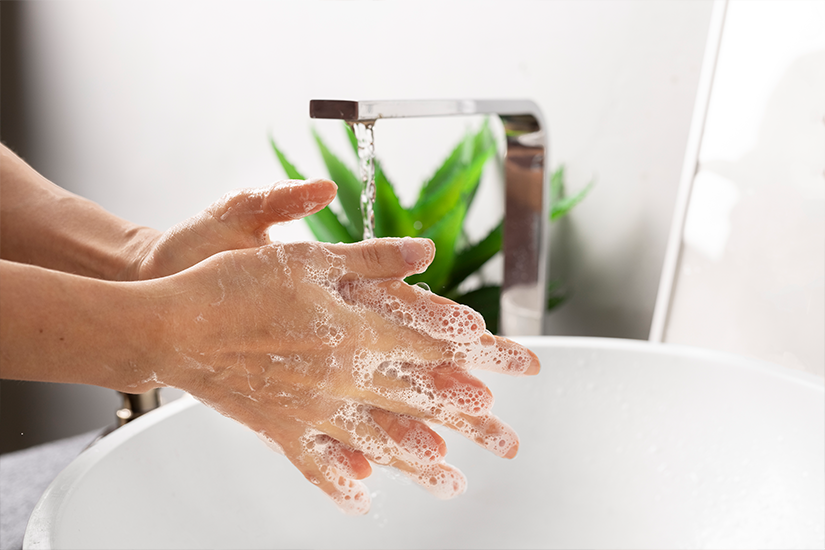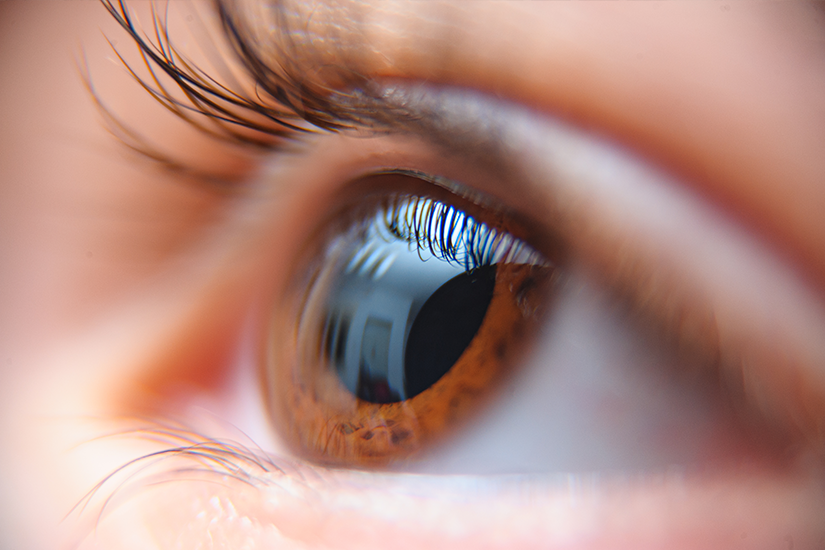- Emergency Ambulance Services
- 8606811111
- 0471-4077777, 0471-7177888
- gro@sutpattom.com
Hand Hygiene in Preventing Infections
Dr. Shareek P. S, Consultant – Infectious diseases, SUT Hospital, Pattom
The COVID-19 pandemic highlighted the vital role of hand hygiene in preventing the spread of infectious diseases. While it was crucial in controlling the transmission of the virus, the importance of hand hygiene goes well beyond the pandemic. Regular and proper hand hygiene remains one of the most effective and accessible measures to prevent a wide range of infections in both community and healthcare settings.
Hospital-acquired infections (HAIs) are a major concern in medical facilities, posing significant risks to both patients and healthcare providers. These infections, often caused by bacteria and viruses transferred via direct contact, can be drastically reduced through consistent hand hygiene practices. Washing hands with soap and water or using alcohol-based hand sanitizers are proven methods that help eliminate pathogens from the skin. By incorporating these habits into daily routines, the spread of diseases like typhoid, cholera, flu and
other communicable illnesses can be significantly reduced.
In healthcare environments, hand hygiene is particularly critical. It should be performed before and after patient contact, before and after medical procedures and after exposure to bodily fluids. This simple but effective action serves as a frontline defence against cross-contamination, protecting both healthcare workers and patients from potentially life-threatening infections.
Outside of hospitals, hand hygiene is a key element of personal hygiene that contributes to overall public health. Individuals can protect themselves and those around them by practicing hand hygiene after using the restroom, before eating, after coughing or sneezing and when coming into contact with potentially contaminated surfaces. Encouraging this habit from an early age helps foster a culture of health and prevention in communities.
Hand hygiene is not just a response to health crises, it is a daily practice that plays a fundamental role in infection control. Its relevance extends across all aspects of life, from personal care to professional healthcare. By prioritizing hand hygiene individuals and healthcare systems alike take a powerful step toward preventing infections and safeguarding public well-being.









